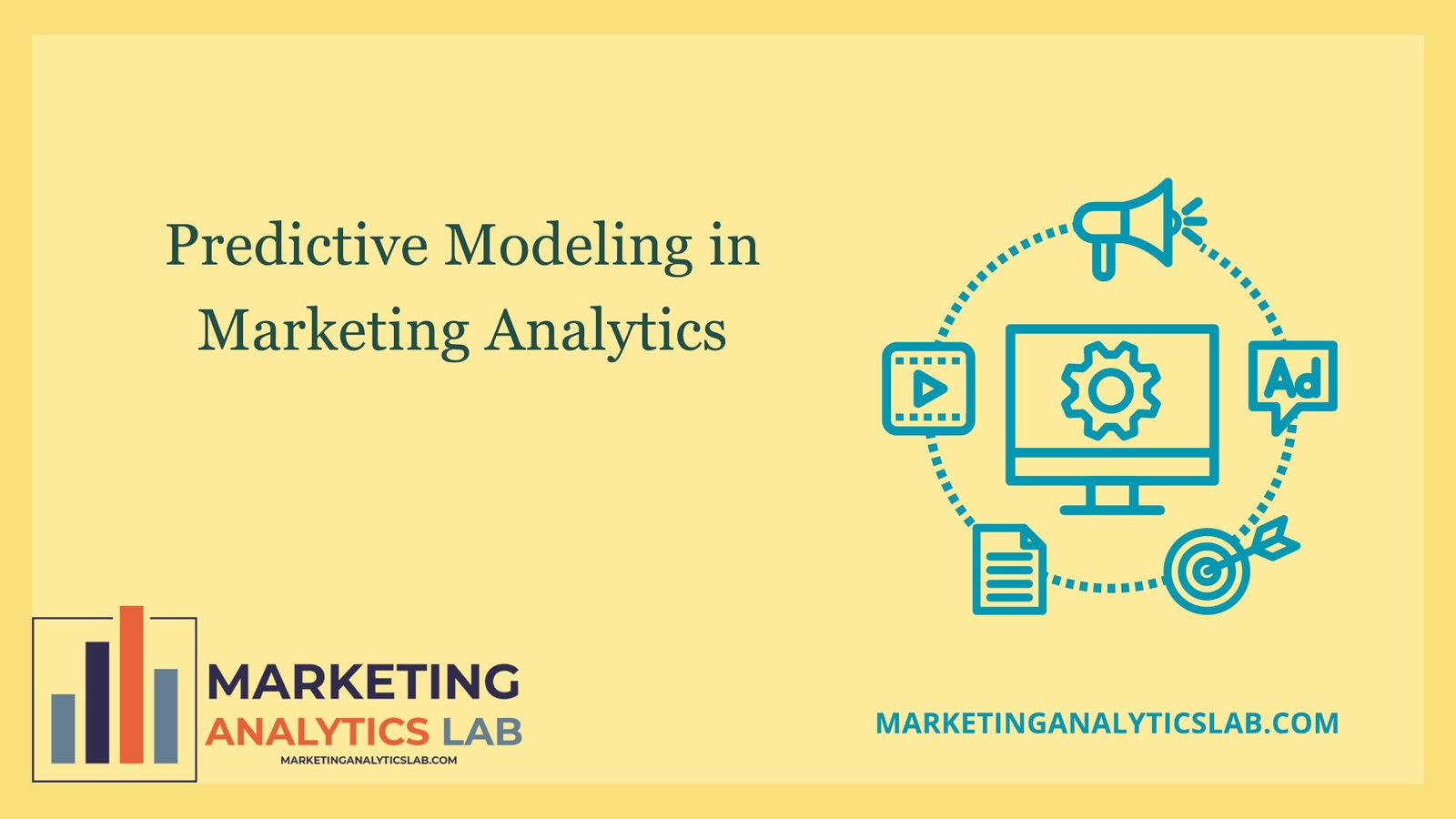The Importance of Predictive Modeling in Marketing Analytics
In today’s highly competitive business landscape, companies are constantly looking for ways to gain a competitive edge and improve their marketing strategies. Predictive modeling in marketing analytics plays a crucial role in helping businesses make data-driven decisions to target the right audience, optimize campaigns, and drive better ROI. By analyzing historical data and using statistical algorithms, predictive modeling can forecast future trends, customer behavior, and potential outcomes, enabling marketers to make informed decisions and allocate resources more effectively.
The use of predictive modeling in marketing analytics can help businesses identify patterns and trends in consumer behavior, allowing them to tailor their marketing efforts to meet specific customer needs and preferences. By understanding customer preferences and predicting future behavior, businesses can create more personalized and targeted marketing campaigns that resonate with their target audience. This can lead to increased customer engagement, higher conversion rates, and ultimately, improved business performance.
Furthermore, predictive modeling can also help businesses identify potential opportunities and threats in the market, allowing them to adjust their strategies in real-time to stay ahead of the competition. By leveraging predictive analytics, businesses can gain valuable insights into market dynamics, competitive landscape, and emerging trends, enabling them to make proactive decisions and adapt their marketing strategies accordingly. This proactive approach can help businesses stay agile and responsive in today’s fast-paced and ever-changing market environment.
How Predictive Modeling Can Enhance Marketing Strategies
Predictive modeling can significantly enhance marketing strategies by enabling businesses to target the right audience with the right message at the right time. By analyzing historical data and consumer behavior patterns, predictive modeling can help businesses identify high-value customers, segments, and opportunities for personalized and targeted marketing campaigns. This can lead to more efficient and effective marketing efforts, driving higher engagement and conversion rates.
Moreover, predictive modeling can also help businesses optimize their marketing mix by identifying the most effective channels, messaging, and offers to drive customer acquisition and retention. By leveraging predictive analytics, businesses can allocate their marketing budget more effectively, focusing on strategies and tactics that are likely to yield the best results. This data-driven approach can help businesses maximize their ROI, minimize wastage, and achieve better outcomes from their marketing efforts.
In addition, predictive modeling can also help businesses improve customer lifetime value by identifying cross-selling and upselling opportunities, predicting customer churn, and personalizing customer interactions. By understanding customer behavior and preferences, businesses can tailor their marketing strategies to build long-term relationships with their customers, enhance brand loyalty, and drive repeat purchases. This can result in increased customer satisfaction, retention, and ultimately, higher revenue for the business.

